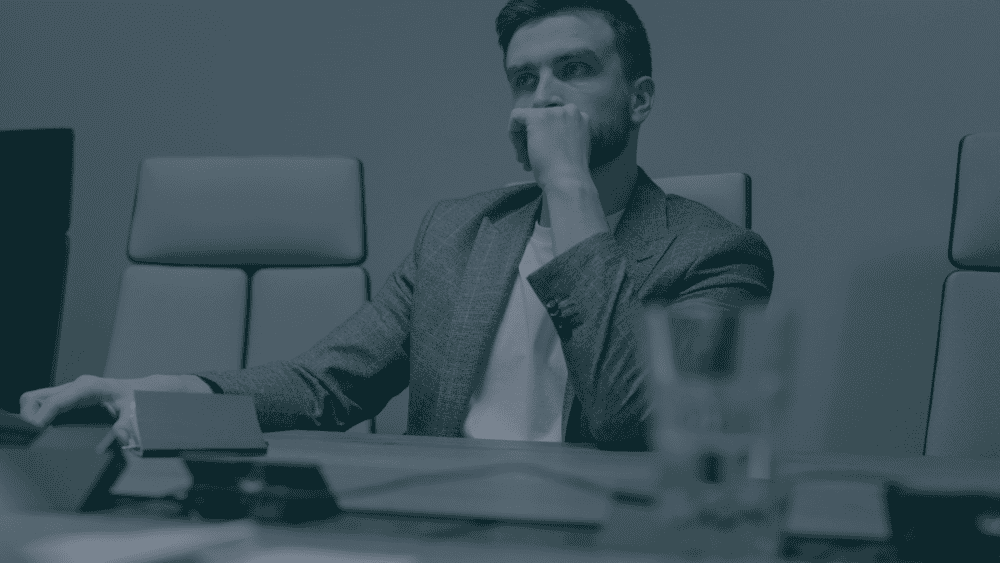Leaders have it tough. We expect a lot of them. And while they navigate their ever-growing todo lists, they’re under pressure to fulfil employees’ expectations. And be a positive role-model and add value.
And the rest!
It’s no wonder that leaders frequently report feeling overwhelmed and lonely. It’s also no surprise that they can find themselves making important decisions in suboptimal psychological conditions; short of sleep, battling emotions, and living up to inflexible views of what leaders ‘should’ be able to do.
They can end up drifting from their own values and the values of the organisation, and sprint towards arbitrary deadlines and goals without much thought for the impact this has on others. Late night phone calls and emails, demanding the impossible of their direct reports, skipping meals and becoming less of a role model and more someone to be avoided.
We want to offer an alternative to the various unhelpful perspectives on leaders and leadership that can contribute to scenarios like the one above. Whether it’s alpha-males depriving themselves of sleep to complete a 5am morning routine, or stale and evidence-free models of leadership that simply won’t die. And every other leadership fad in between.
There is another way
Let’s be clear. We’re not offering yet another model of optimal leadership. Research on leadership models has demonstrated they all essentially measure the same thing anyway. Their main ‘benefit’ seems to be the creation of new books and courses to propagate their popularity.
Instead, we’d like to propose a philosophy of leadership that’s rooted in contextual behavioural science and emphasises sustainability at its core. Sustainability of thinking and decisions. Sustainability of behaviour and action. Sustainability of impact on employees and the wider community.
Sustainable leadership is all about acting with intention, paying attention to the actual organisational context, and using values to guide responses and decisions.
Sustainable leadership means leaders invest in their own wellbeing, using health-promoting coping strategies when faced with challenges, and investing in appropriate self-care at other times. It means they have an eye on the impact they have on others’ wellbeing and the impact a decision today has on the organisation’s reputation as an employer tomorrow.
Sustainability-focused leaders don’t sacrifice future success, wellbeing or reputation for quick wins today.
Sustainable leadership sounds nice – but how?
Our perspective on sustainable leadership is based on three areas of focus, which we’re going to unpack in upcoming blog posts, videos and webinars. These have some obvious implications for the selection and development of organisational leaders, which we’ll cover in the coming months.
1. Contextual sensitivity
This means being aware of the present moment and using it to guide decisions and interactions. Rather than disappearing into guilt from the past or anxiety about the future. It means using the organisational context – not the competition – as the cue for focus and action. And finally, having consideration for the wider industrial, community and international context when working towards goals.
2. Intra-personal skills
This is all about cultivating the self-awareness that makes a real difference. And we don’t mean completing endless personality ‘assessments’ in a stuffy hotel function room. Nobody needs another psychological ‘badge’ to wear! The intra-personal focus is about leaders understanding their values, their motivators, their development needs. The thinking skills that enable them to overcome unhelpful self-criticism or imposterism, and to persist through the psychological discomfort that can lead to procrastination or other forms of avoidance.
3. Inter-personal skills
This final area of focus is about ensuring leaders have the skills to navigate the inter-personal challenges that come with collaborative work. Holding others accountable, delegating responsibilities, providing motivating feedback, setting appropriate targets – while role-modelling the behaviours they want to see in others. This is not about being perfect, but rather being intentional in how they interact with their colleagues. It includes cultivating a culture of psychological safety, of high performance, and of sustainable behaviour.
Want to learn more?
You can find out more about this campaign by visiting the Sustainable Leadership Hub, by subscribing to our podcast and YouTube channel, and by reserving your free place at our upcoming webinars, where we’ll unpack all of this in much more detail.

